How will we control the computers of tomorrow?

Well that's it! Everybody, well some of the experts anyway seem to agree that the ageing keyboard and mouse just isn't going to cut it any more. It's just not a good enough way to communicate with our computers. It's slow and clunky, in fact the story goes that an alphabetical keyboard would be quicker to type on but we've just got qwerty because it slowed down typists and stopped the typewriter hammers getting all clogged up. Clearly we need a new way to interact with our computers.
Fortunately help appears to be at hand, quite literally, as there are new an innovative ways to interact with our computers available and in general use already. There's the recently introduced Siri from Apple, which while it might be a version 1 product and in need of some improvement (especially if you're Scottish) seems to work rather well for voice interaction.
Then there's the now venerable Kinect, coming soon to Windows to help us to all pretend to be Tom Cruise throwing his windows around Minority Report style. Touch screens are opening new opportunities too and new types of keyboards. Sadly a wholesale move to touch technology can only guarantee that the next worldwide health scare is a pandemic of repetitive strain injury and nobody needs any of that.
But slowly and surely we are moving away from using keyboards and mice to control our computers and to communicate with them. This has led me to wonder exactly how we'll be doing this in the future? Clearly the outsider has got to be voice. With so many languages, dialects and words to learn we're still many years from the processing power needed to produce reliable results, and do you want to explain to your boss that you had said "brick" in that email but the software misunderstood you?
Then comes touch. RSI issues aside we can still use them to read natural handwriting. This technology has now been around and working reliably for a decade, the postal services around the world have invested huge sums in computers that can read the words we write. Alas this is a slow process and writing out a long email instead of typing it in under half the time just isn't suitable for the demands of modern life. This brings us then to the Kinect which is great for throwing things around but pretty useless the first time you actually try and do precise work with it.
This means there there's a gap, sitting somewhere between what he have and what we don't and I thought I'd throw this out for you to see what you think will be the control methods of tomorrow? Will we will use keyboards and mice so much, or will the mouse go in favour of gestures and will basic keyboard controls be taken on by voice control instead? In short, will be resort to using all of these technologies simultaneously to control our devices?
I bring this up because this has all really taken off just this year. 2011 has been a tremendous year for new ways to control computers with some of the most amazing technologies put into practical and widespread use for the first time. 2012 looks to be even more exciting with swipe gesture control coming to Windows 8. We may not want this though. For many a keyboard and mouse are just fine and they'll want to keep things like that. What do you think? Do you think there will be an outright winner and do you even think that ten years form now we'll have any choice in what we use? Why not tell us here.
Advertisement

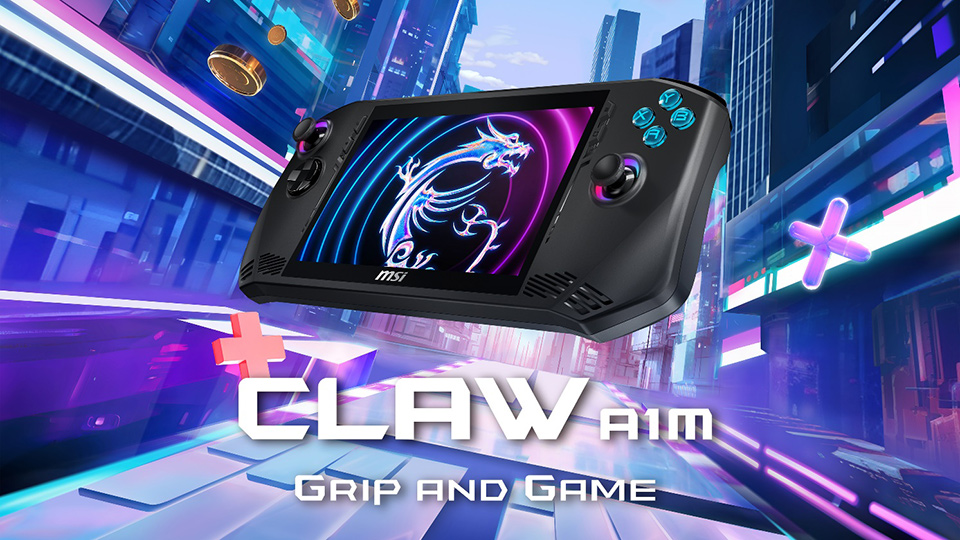

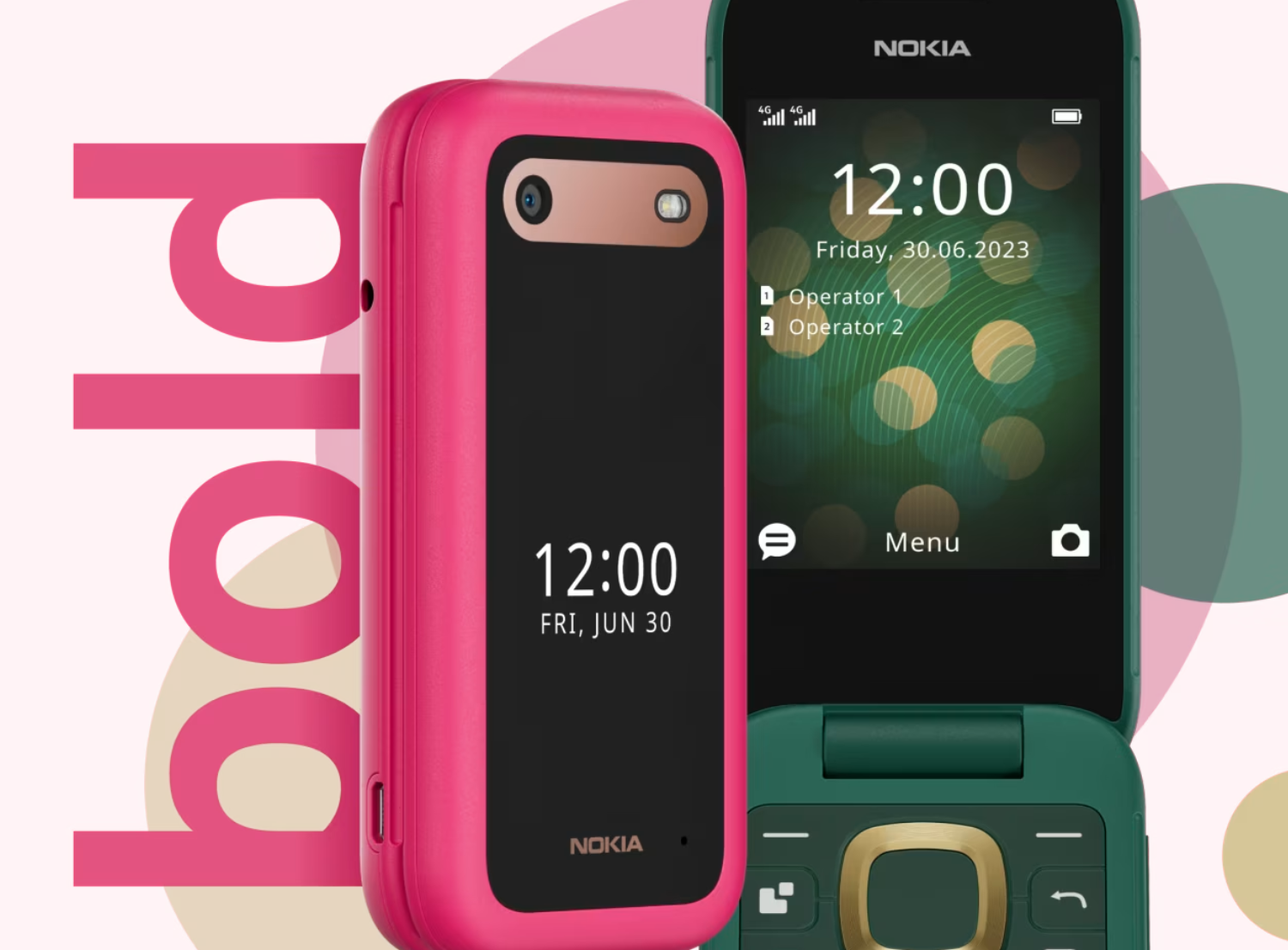
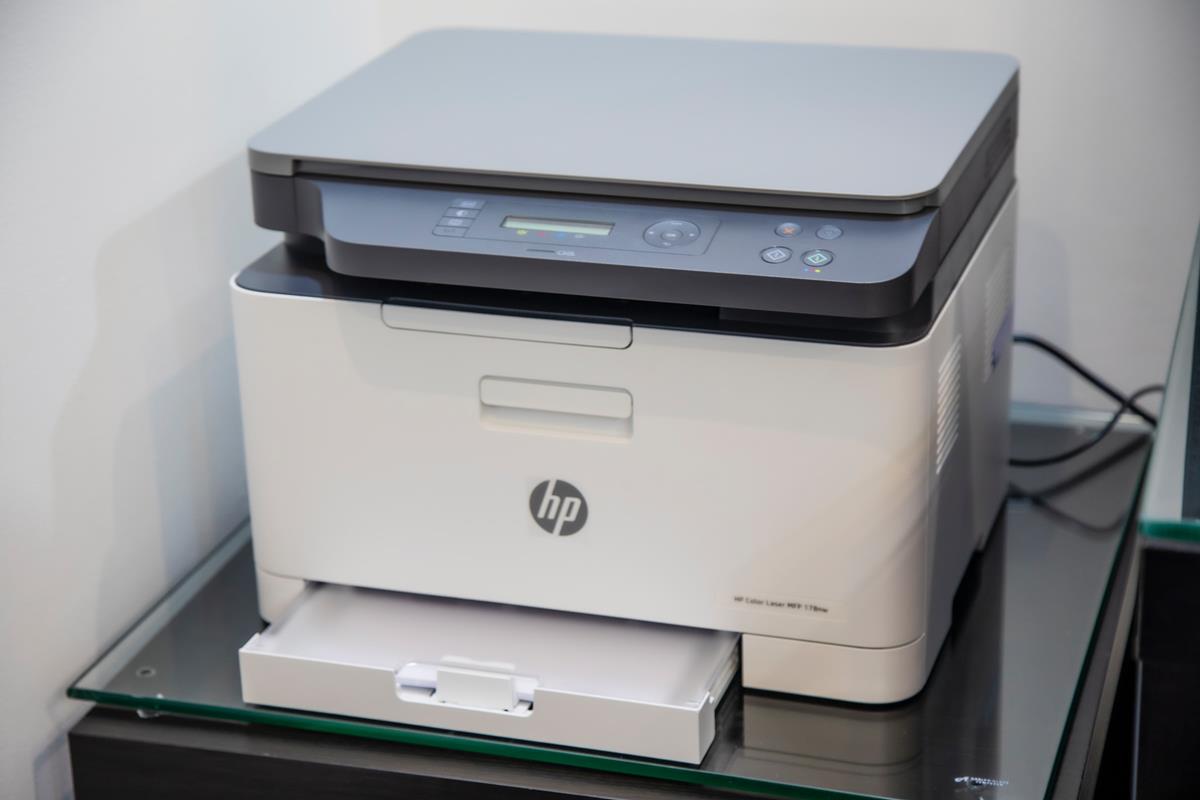
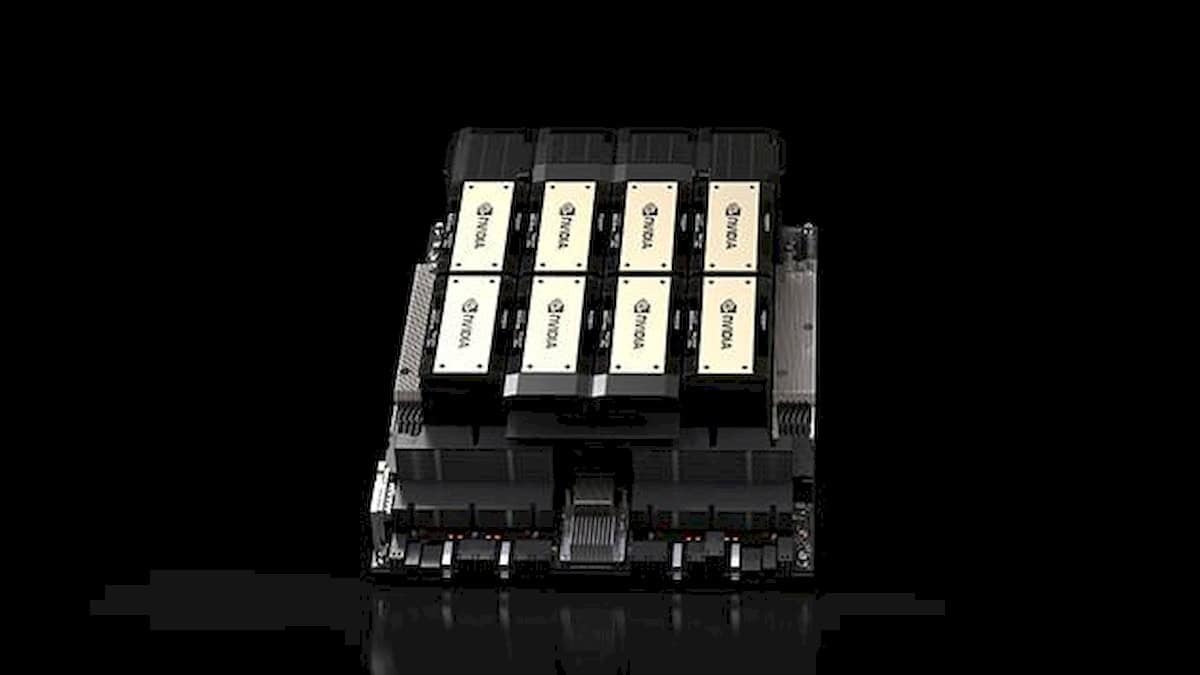

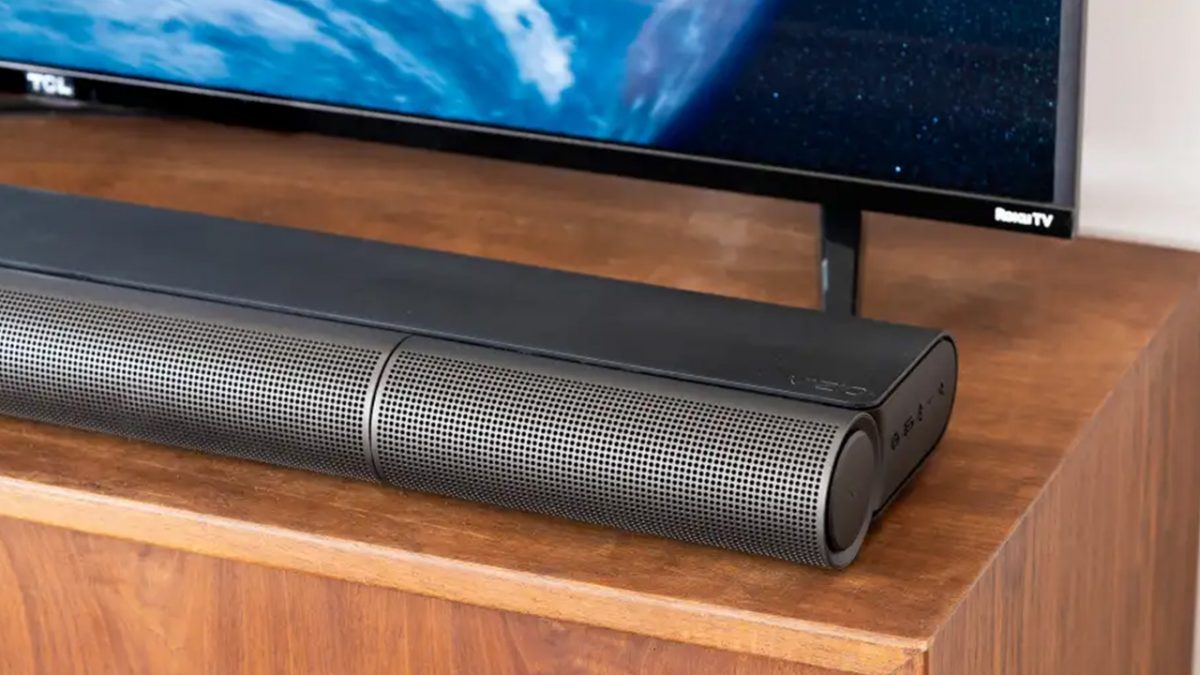
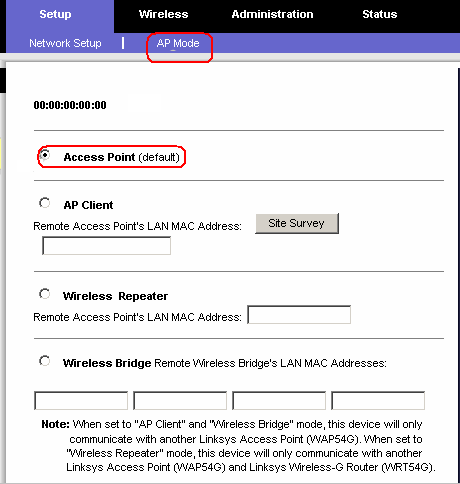
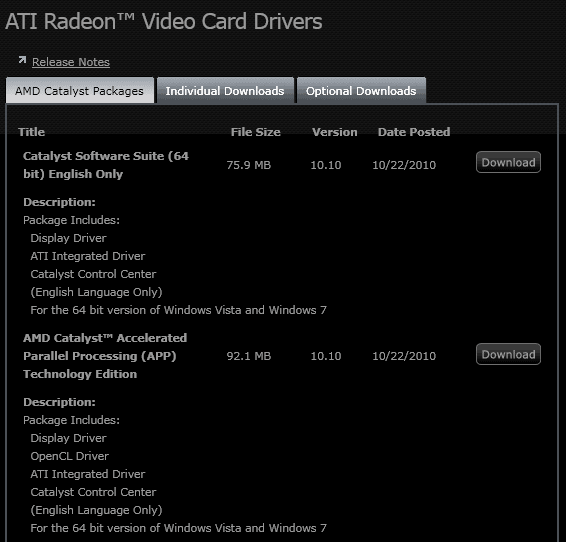











Imagine if you will today’s standard cube farm. Filled with office drones busily completing their TPS reports. Near silence reigns.
Fast forward to the new voice controlled future and the cacophony of those same reports being filled out vocally.
What’s the difference in the public noise pollution between today’s monster shouting madman on the street and a lawyer raving over his/her bluetooth headset. The blue flashy thingy in the ear, of course. Now imagine that difference in your office world. Not to mention how will you hide playing Angry Birds from your boss.
I write. I “type”. Voice recognition will not work for me. I need the tactile qualities of a keyboard. I’ve used QWERTY too long to adapt these old fingers to an alphabetic version. I use dual screens. No fingerprints – Please!
I think one aspect of voice recognition and Kinect that everyone is forgetting is it takes a fairly quiet and visually unobtrusive input method and makes it both audibly and visually distracting to everyone around you. That alone says to me that neither will ever be in any serious danger of replacing the keyboard/mouse combo.
Perhaps displays could use some touch. But.
The voice recognition quality is still way too bad (especially for non-English languages – I think that things didn’t change much in last 15 years), and fingers are not that precise when it comes to clicking and managing something in some graphics editor, for example. Neither I see any big use of touch or gestures for programming/coding.
Gestures are good for consuming and (some) playing. But for me I don’t expect any improvement in next 10 years.
I love technology but I don’t want to be a part of the circuitry.
I want to be meI want to be able to walk away, to switch off technology when I need peace. I want my privacy and want to give others privacy from what I do with my computer. It is my space, not a public meeting place.
I don’t want a 4G modem implanted in my head, or a ‘glass touch wall’ to which I also have to talk. I don’t always feel like talking.
I don’t want a computer telling me to watch my footing in the kitchen because I spilled some Cheerios earlier in the day. I don’t want to have to wear a 30lb VR helmet if I want entertainment.
My keyboard enables me to softly type something, or pound on the keys if I am responding to something to which I vehemently don’t agree.
I can doodle with my mouse, shoot Flood with it, draw with it, highlight and move stuff around with it.
When I put it all into hibernate, I can walk away knowing that whenever I want, I can wake it all up and start again.
Don’t take these things from me, or I may have to get mean..
The mouse may be replaced soon, but the keyboard will survive until voice recognition is good enough which won’t be for some time yet, IMHO.
As for direct mind based control, I doubt even the grandchildren of today’s newborns will see that in their lifetime. The brain with its 100 billion neurons, even more glial cells which also have a processing role, all connected by several orders if magnitude greater number of interconnections is a very complex beast which we still understand only dimly. Moreover, it is very fragile which limits the type of sensors we could use. Mind reading is, fortunately, a long way off. And hopefully would be resisted on human rights grounds should it become technically feasible.
I don’t think mouse and keyboard will be dead and buried any time soon. It is simply too comfy and widespread.
Clearly the golden carrot is a brain-computer interface. Look mama! No hands! But in order to beat mouse-keyboard it has to be easier, more reliable and more (cost) effective to use then moving a mouse and clicking a button.
As long as people are still reading, the keyboard will be around. Voice recognition, even when perfect, is just a little too clumsy, unless you’re dictating long articles.
I could totally see mice being completely replaced. The mouse has nearly completely replaced the joystick and trackball that preceded it, and I can see kinect-type machine vision getting good enough to replace mice.
The craziest outlier right now is mind reading and direct mind display. Yes, it sounds like science fiction. But they have truly been able to use FMRI to decode what you are actually seeing that instant, and they have been able to induce currents in your head that actually make your fingers move. So a useful version of a brain interface doesn’t seem more than 5-10 years away.
Tom Cruise with his 49 is much to old to understand all of that.